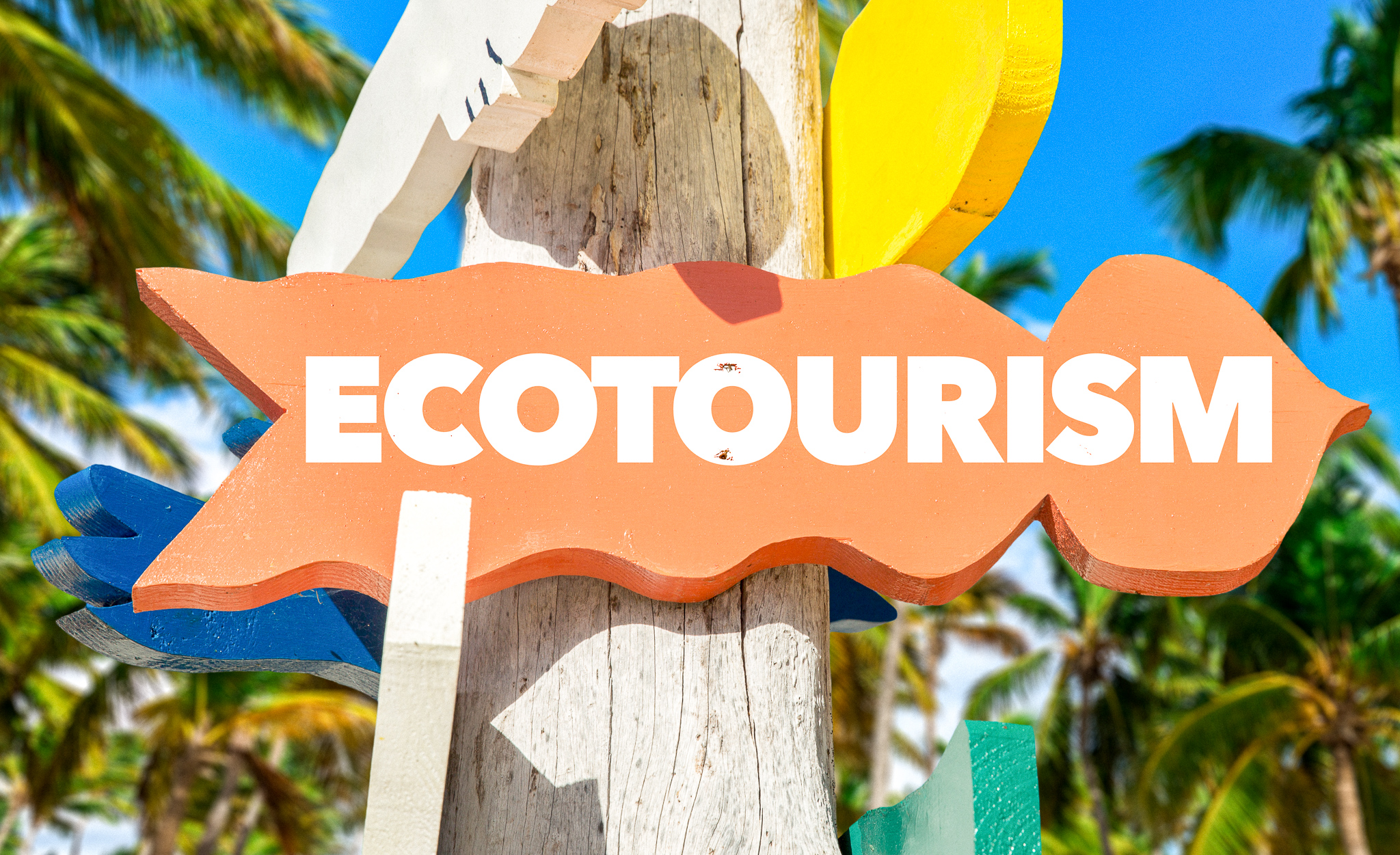Florida is host to a variety of natural settings, which offer great potential to develop ecotourism businesses throughout the state. Developing such a business can provide countless benefits to individuals and communities such as generating incomes, providing jobs, developing new skills, and conserving natural areas. As with any business, an ecotOURism business requires strategic planning to ensure effective delivery and sustainability. In particular, designing a strategic plan for business operations may prove advantageous in reducing future challenges.
What is an ecotourism business?
Ecotourism is tourism that promotes environmental conservation and provides opportunities for communities to benefit economically and non-economically. These types of businesses are comprised of various ownership models that offer a range of services or products. In Florida, ecotourism business models include private ownership, public agency ownership, and public-private partnerships.
Public agencies also participate in ecotourism businesses by providing visitor services within protected and conserved natural areas. For example, public agencies offer guided recreation trips (e.g., backpacking, canoeing) and Junior Ranger programs. Public-private partnerships often result in profit sharing between the private business owner and public land agencies. These forms of partnership are common in the United States and Florida.
Components of an effective ecotourism business plan
A typical business plan includes descriptions of the business, marketing strategy, financial structure, and management (US Small Business Administration 2009). Within each of these components are particular topics or plans that must be considered by ecotourism business owners. The remainder of this publication provides a detailed discussion on each plan topic.
Business Description
In offering ecotourism services or products, you are providing people with unique experiences they cannot achieve in urban environments. This section allows you to specifically define the size and composition of your business. In most cases, eco-tourism businesses are small operations on a landowner’s property that complement other land management activities of nearby protected areas.
Marketing Description
Clearly defined marketing strategies are essential to the success of your ecotourism business. The marketing description of your business plan allows you to identify your intended customers and focus on their demands and needs. Focus on activities offered and demographic needs (e.g., family-friendliness, cost-effectiveness, accessibility, accessibility).
Financial Description
When starting or modifying an ecotourism business, paying close attention to the financial organization of your intended business will prove profitable in achieving a successful business operation. For instance, potential customers expect a certain level of comfort to aid them in experiencing the opportunities you provide. Such demands often dictate unexpected costs and expenses. Some operators who have opened to visitors their personal homes for use of restroom facilities have found this cost to their privacy beyond what they expected.
Conclusion
A good business plan will provide a streamlined, profitable strategy for success. Developing a business plan that clarifies business, marketing, financial, and management considerations is integral to effective and sustainable ecotourism operations. Natural resources available for eco-tourism abound in Florida.










